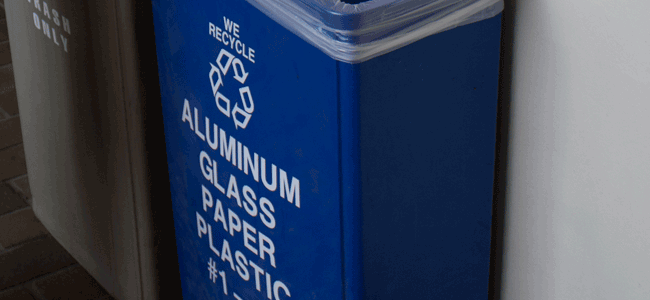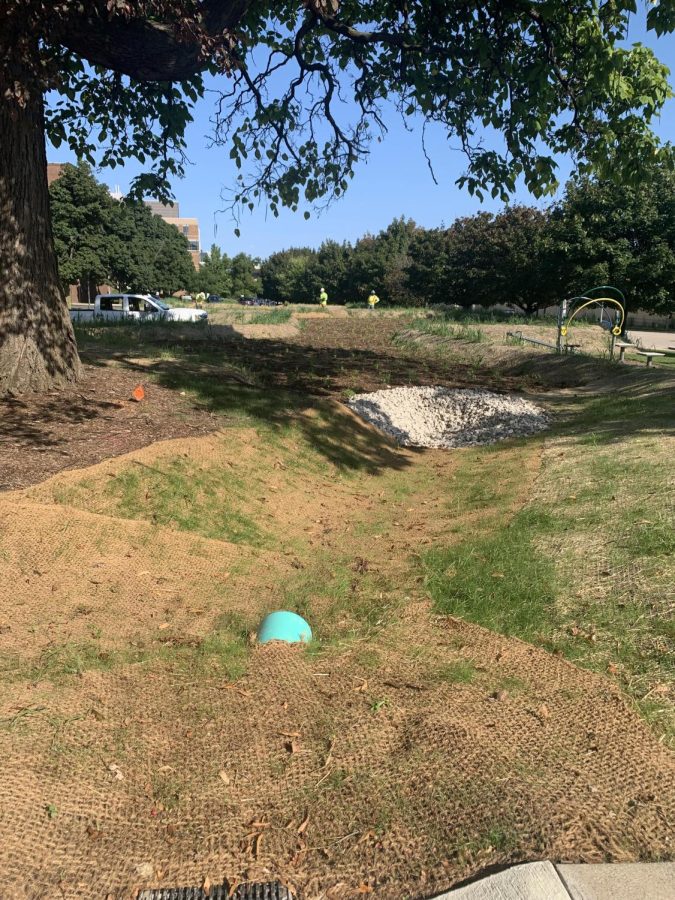This is a column part of a monthly series called “No Planet B” written by Sustainability & Energy Management Coordinator Chelsea Malacara and her sustainability interns. This series aims to provide insight on how we can begin to think and make sustainable choices on campus for a better future.
We are currently in the shadow of COP27, the United Nations Climate Change Conference to be held in Egypt November 6 to November 18. This Conference of the Parties, (COP), has been coined the “implementation COP”, reflecting the need for nations’ concrete actions now to mitigate climate change. For many of us who follow these global forums on climate change, it seems each of these meetings can be saturated with empty promises by politicians who fail to meet their pledged actions. In fact, according to the UN, only 24 of the 193 countries that assured they would improve their climate plans since last year’s COP26 have done so. This, coupled with UN reports that we will not stay below 1.5 degrees warming, can put some individuals on the verge of hopelessness. Climate doom, the mindset that all hope is lost to mitigate climate change, can be seriously detrimental to our lives and our future. It weakens the motivation for individuals to live a sustainable lifestyle, as they believe their actions have little to no effect on the environment compared to the actions of world powers and large corporations. Though unintentional, climate doomism gives an easy out for people to stay static in their environmental efforts because they believe we are past the point of no return. But that is not true.
One and a half degrees warming is labeled as a significant tipping point because it could prevent the thawing of permafrost in the arctic and collapse of major rainforests. However, recent UN predictions put our atmosphere closer to reaching 2.0, 2.5-, or 2.8-degrees Celsius warming. Though the difference between these numbers seems minute, each fraction of a degree holds different tipping points that, once reached, trigger a cascade of further ecological damage. For instance, the difference between 1.5- and 2-degrees warming is drastic. According to the IPCC, at 1.5 degrees warming, extreme heat events that normally happen once per decade would happen 4.1 times per decade, but with 2 degrees warming, extreme heat would happen 5.6 times per decade. The warming of 1.5 degrees could lead to the destruction of 70% of coral reefs, whereas 2 degrees Celsius leads to 90% of coral reefs. Each increment of temperature increase comes with millions more people affected by severe weather and natural disasters, more animal and plant species facing extinction, and a greater increase in sea levels. There is not just one singular tipping point of temperature increase that will cause us to lose the fight against climate change. Rather, there are a multitude of ecological thresholds held within fractional increases of temperature that we must still work to prevent.
To give up now and surrender to climate doom would be to erase all the hard work, sacrifices, and progress we have made thus far. Therefore, I urge each of us to continue to be conscious of our actions. Refuse single use plastic, shop second hand and in bulk, wash with cold water, eat less animal products, plant native plants, hold one another accountable for our actions, and utilize Marquette’s A Student Guide To Sustainable Living and Learning for more ways to decrease your carbon footprint.
Undeniably, we are already living with the effects of climate change. But we get to determine just how drastic our new climate will be. We must not let world powers’ inaction and the prospect of exceeding one tipping point derail our fight for a livable earth. The earth needs us now; we must not give up on something that is still alive.
This story was written by Bridget Clark. She is a sustainability intern for Chelsea Malacara, the Sustainability & Energy Management Coordinator for Marquette University. She is not a staff member for the Wire. She can be reached at [email protected]


